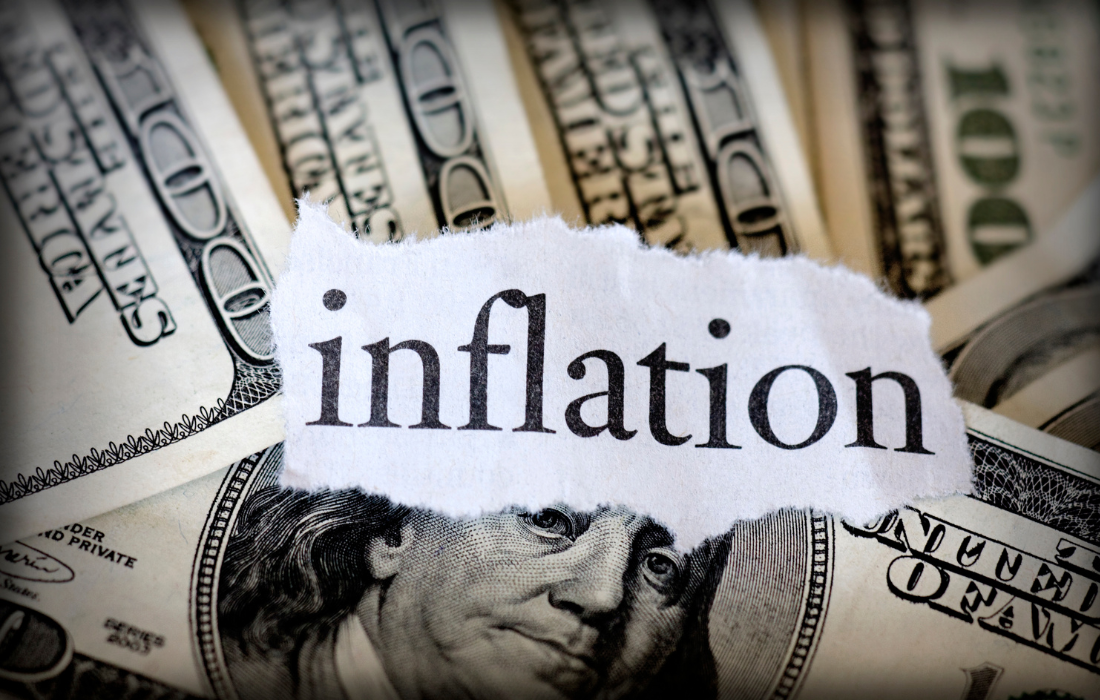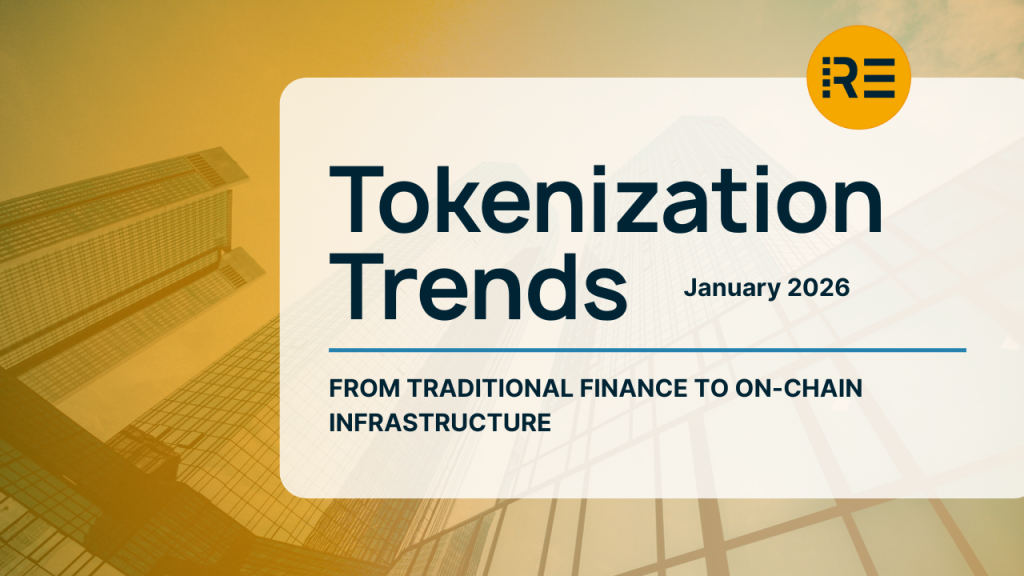When it comes to building wealth, few investments can match the power and versatility of real estate. Real estate offers a combination of stable, long-term returns and immediate financial benefits, but one of the most appealing aspects—especially for those seeking financial independence—is the potential for cash flow. In this article, we’ll explore why cash flow is one of the top reasons to invest in real estate, along with the other factors that make it an unparalleled wealth-building vehicle.
Cash Flow: The Lifeblood of Real Estate Investment

Cash flow is the net income generated from a real estate investment after accounting for mortgage payments, operating expenses, and other costs. For many investors, consistent monthly cash flow is one of the primary reasons to invest in real estate. Unlike stocks, which may appreciate in value but often provide little or no income until sold, real estate generates ongoing income from rent.
This income can be used to reinvest in more properties, pay off debt, or simply provide financial freedom. And, as you pay down the mortgage on a property, the cash flow tends to increase over time, making real estate a compounding source of wealth. Additionally, rents often rise with inflation, further boosting cash flow over the long term( Investopedia ).
In fact, according to the Red Oak Development Group, many millionaires use real estate to generate a steady passive income, which provides them with financial security and the ability to reinvest profits into other ventures( Red Oak Development Group ).
Whether you’re looking for additional income in retirement or a steady stream of revenue to supplement your job, real estate cash flow is a powerful tool for wealth building.
Tangible Asset with Control

Real estate offers investors the ability to control their assets in a way that other investments don’t. Unlike stocks or bonds, which are subject to the whims of the market, real estate is a physical, tangible asset that you can directly influence. Whether through strategic renovations, property management, or adjusting rents, you can take an active role in maximizing the return on your investment.
This control extends to how the property is financed and managed, giving investors flexibility that is often missing in other asset classes. For instance, you can choose to add value through renovations or rezone a property for a higher use, thus directly increasing its worth. This makes real estate a dynamic investment that can be fine-tuned to meet market demand( WealthJourney ).
Leverage: Amplify Returns with Borrowed Capital

One of the most unique aspects of real estate investing is the ability to leverage other people’s money (OPM) to control a larger asset than your initial investment. By using a mortgage, you can purchase a property worth far more than the cash you personally invested. For instance, with a 20% down payment, you can control 100% of the property. This leverage amplifies returns as the property appreciates, allowing investors to build wealth faster than they could with stocks or bonds( OAMBase ).
Leverage also works in favor of cash flow. Because you’re financing the property, you can generate significant returns on your initial cash investment even after accounting for mortgage payments. As rents rise and mortgage balances decrease over time, the cash flow typically increases, further compounding the wealth-building effect.
Tax Benefits: The Real Estate Investor’s Secret Weapon

Real estate comes with a host of tax benefits that many other investments simply can’t offer. Perhaps the most valuable of these is depreciation. Even though a property may appreciate in value over time, the IRS allows you to depreciate the building over 27.5 years for residential properties and 39 years for commercial properties. This “phantom expense” reduces your taxable income, even as the property itself may be gaining in value( Investopedia )
Investors can also deduct mortgage interest, property taxes, insurance, maintenance costs, and even management fees, which further reduces their tax liability. In addition, savvy investors can use a 1031 exchange to defer capital gains taxes when they sell a property and reinvest the proceeds into a new one, allowing them to keep growing their real estate portfolio without taking a tax hit ( Investopedia ).
For high-net-worth individuals, these tax benefits are a major reason why real estate is a preferred investment class. The ability to reduce taxable income while still earning cash flow makes real estate a powerful tool for preserving and growing wealth ( Red Oak Development Group ).
Hedge Against Inflation

Real estate has long been considered an effective hedge against inflation. As the cost of living rises, so do property values and rental rates. This allows real estate investors to maintain and even grow their purchasing power, while other investments—like bonds or savings accounts—may lose value in real terms
( Investopedia ).
Additionally, while inflation may erode the value of money, it simultaneously reduces the real cost of any debt tied to the property. This means that over time, investors are paying back loans with “cheaper” dollars, effectively increasing the profitability of leveraged real estate
( OAMBase ).
Appreciation: The Long-Term Wealth Builder

In addition to cash flow, real estate has the potential for long-term appreciation. Although markets can fluctuate, real estate values tend to rise over time, especially in desirable locations. When you combine the effects of appreciation with leverage, the returns on your initial investment can be substantial.
Investing in an up-and-coming neighborhood or making strategic improvements to a property can also enhance appreciation. While appreciation should never be the sole reason for investing, it remains one of the primary ways real estate builds wealth over time
( OAMBase ).
Scarcity and Location

One of the key factors that ensures real estate’s value over time is its scarcity. There is a finite amount of land, and as cities grow and populations increase, the demand for well-located real estate only intensifies. Whether it’s commercial property in a business district or a rental property in a desirable neighborhood, location is one of the biggest determinants of value in real estate
( OAMBase ).
Because of this scarcity, well-positioned real estate tends to hold its value even during economic downturns, providing investors with a reliable store of wealth.
Legacy Building and Wealth Preservation

Real estate is not just about wealth accumulation; it’s also about wealth preservation. Many wealthy individuals use real estate to build a legacy, passing properties down to future generations. These properties continue to generate income and appreciate in value, providing financial security for heirs while ensuring the family’s wealth continues to grow.
Conclusion
For those seeking long-term financial security, real estate stands out as the ultimate wealth-building tool. Its ability to generate consistent cash flow, leverage borrowed capital, hedge against inflation, and provide substantial tax benefits makes it an asset class like no other. Whether you’re an experienced investor or just starting, real estate offers a path to financial independence, legacy building, and wealth preservation for generations to come.






